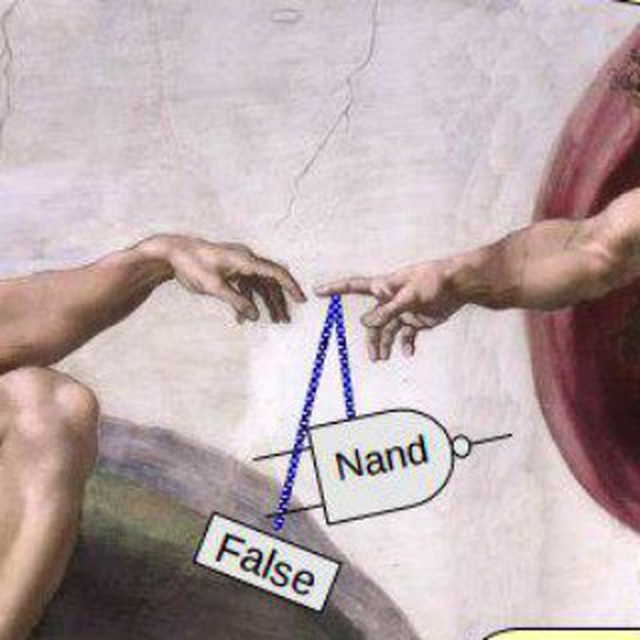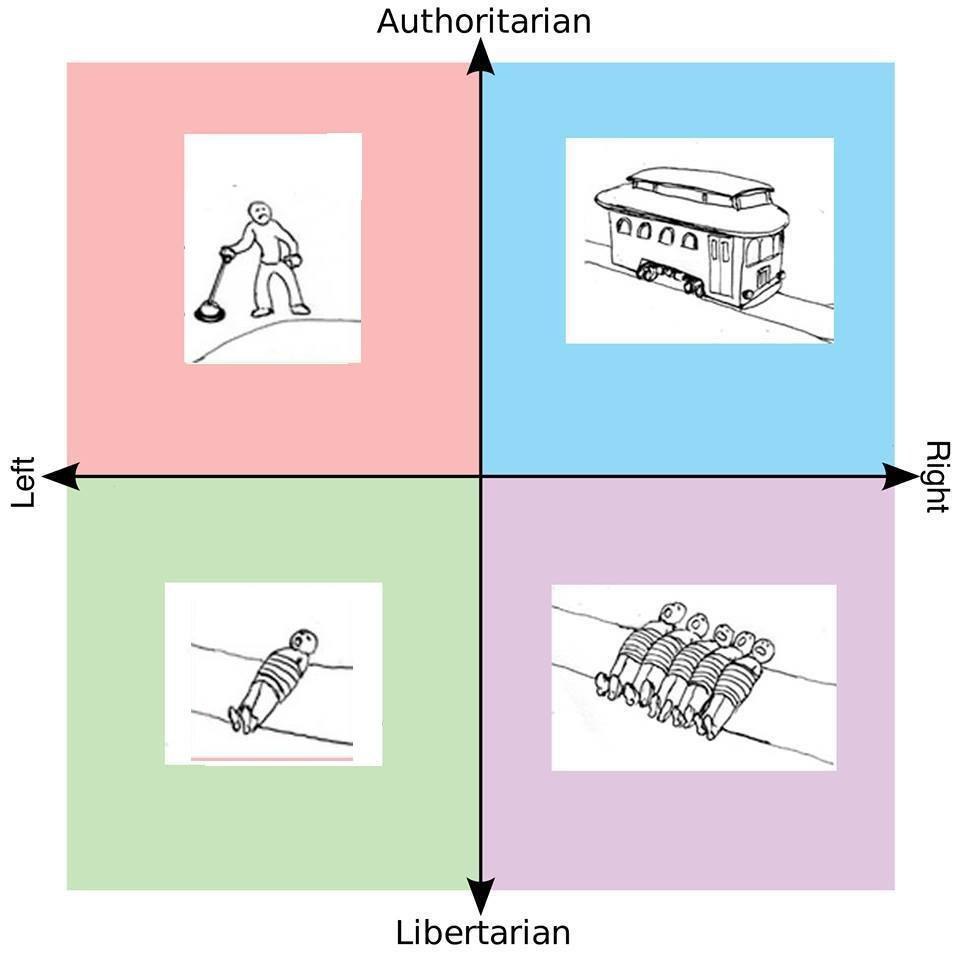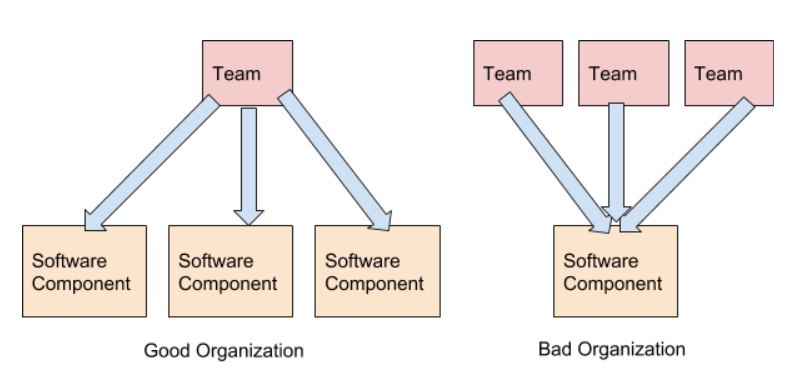
It's sort of an ongoing hobby of mine to study the forces of decentralization vs centralization.
This article about decentralization does what many other evangelism articles do: talk about the ideals and benefits.
However, I believed what's rarely discussed but more important is the economic forces that prevent decentralization from fulfilling the idealists' vision. Yes, decentralization will be in effect for niche groups but I don't see it becoming mainstream.
To purposely be provocative to spur discussion, I will make a bold claim: Decentralization is an unstable equilibrium. It's the centralization that becomes the stable status quo.
If tpcip protocol and http protocol are already decentralized, why do we have centralized services that have "too much power" such as Facebook/Google/Youtube? It's because different actors can spend more money on their particular http node than other http nodes. Those unequal economic forces is what makes decentralization tend towards centralization. There is no technical protocol specification that can prevent that.
E.g. if Git protocol is decentralized, why is there so much concentration on Github? It's because John doesn't want to install a git server on his laptop and punch a DMZ hole through his home router and leave his laptop up & running 24 hours a day to serve up his git repo. He'd rather spend the weekend playing with his children. And Jane doesn't want to spend $30 on a Raspberry Pi and install Gitlab on it to serve up her git repo. Multiply John and Jane's by a million other devs with their own various reasons for not serving up their git repos in a decentralized manner and the emergent phenomenon you get is something like Github.
See the trend? Centralization is a natural outcome of millions of people not wanting to (1) spend money and (2) not wanting to spend extra time -- to fulfill ideals of decentralization.
I wish we would discuss the above factors much more often and there were more articles about it.
jasode, 7 hours ago











